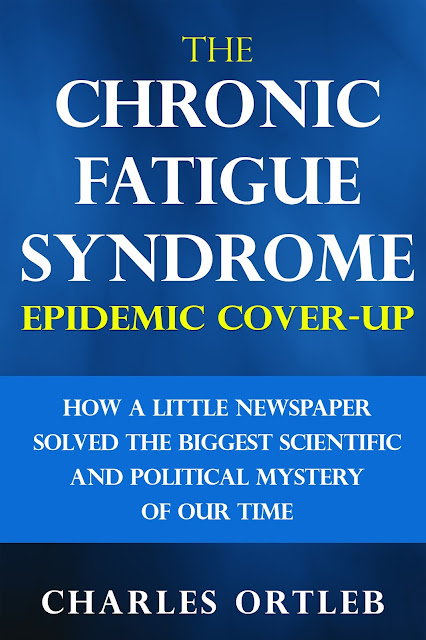The Nancy Klimas research that should have awakened the world to the connection between AIDS and Chronic Fatigue Syndrome in 1990.
In 1990, this should have been the Black-Swan-case-closed moment. 33 years ago.
Several reports have noted the association between a chronic illness, which is characterized by a recurrent debilitating fatigue, and anomalous serological responses to Epstein-Barr virus (EBV) antigens (28, 56). The syndrome was designated by some as chronic EBV syndrome (5, 28, 54, 56). This designation was flawed by its implication that EBV, if not the etiologic agent, was at least uniformly present and a major factor in the pathophysiology of the syndrome. More recently, the Centers for Disease Control (Atlanta, Ga.) released a case definition for what is now called the chronic fatigue syndrome (CFS) (23). This syndrome is significantly heterogeneous not only in its clinical manifestations but also in its possible multifactorial etiologies. In the present study, we examined the hypothesis that CFS is, in fact, a form of acquired immunodeficiency in which the ability of the cellular immune system to deal normally with latent herpesviruses is impaired. This hypothesis is supported by a number of studies (6, 28, 29, 53, 55, 57) in which various immunologic impairments have been described in patients with CFS.
In summary, the results of the present study, in which a
number of the attributes of immunologic function were
determined in a single cohort of patients, as well as the
combined results of a number of studies in the literature that
was reviewed, suggest that CFS is a form of acquired
immunodeficiency. This deficiency of cellular immune function was present in all the subjects that we studied. It has
several manifestations, with NK cell dysfunction being the
most consistent abnormality. The type of immune dysfunction observed would be anticipated to result in a propensity
for chronic and recurrent EBV infection as well as other
herpesvirus infections.














